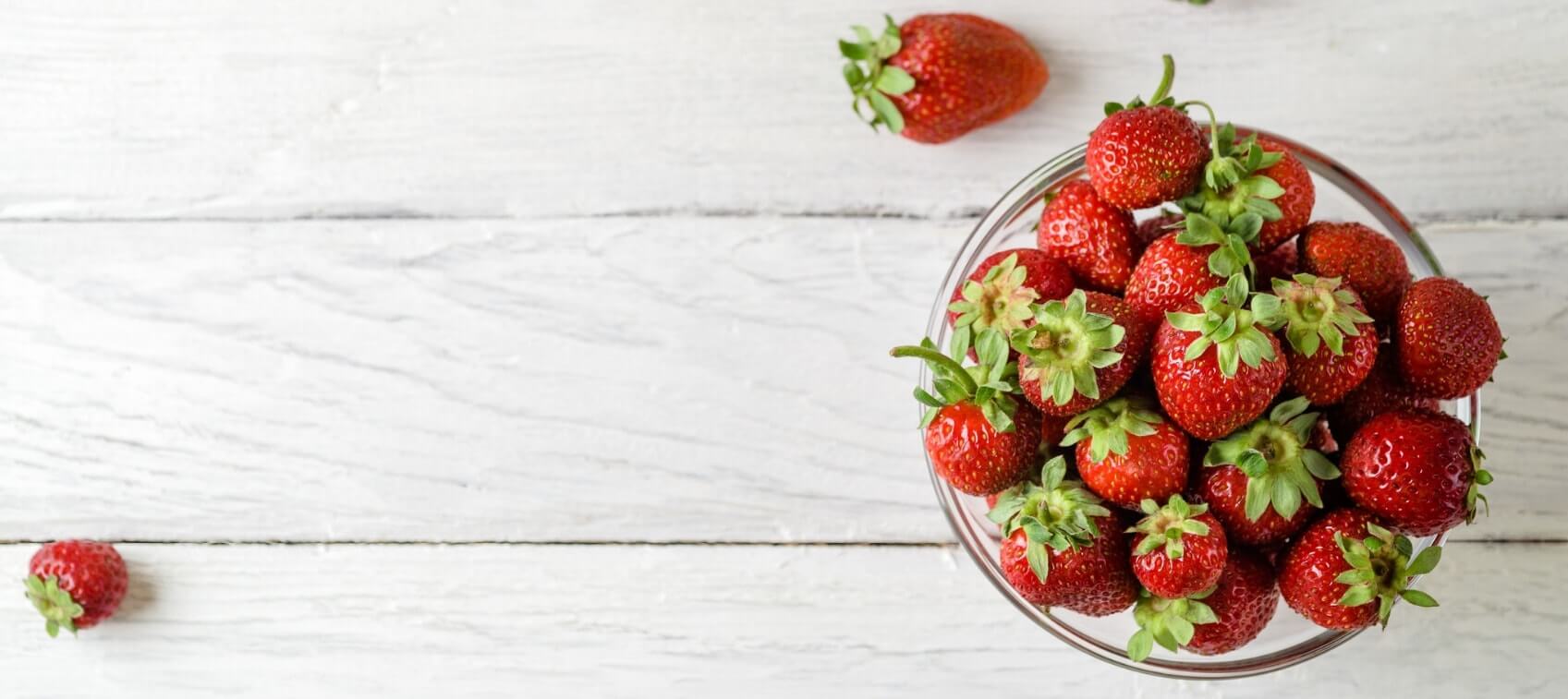Our Foods are Bathed in Chemicals
It’s no secret that our modern agricultural farms spray copious amounts of pesticides, herbicides, and fungicides on the foods we eat. They essentially do this to increase crop yields by reducing the amount of damage incurred from insects.
Every year in the United States, one billion pounds of pesticides are sprayed on our foods. No matter how many times I hear this statistic, I have a difficult time wrapping my brain around how astonishing this amount truly is. Where do all those pesticides go, and are they harmful to us?
When pesticides are sprayed, they end up working their way onto and into the foods we eat, into the soil, and ultimately into the ground water. The USDA suspects that 50 million Americans obtain their drinking water from ground water that may be contaminated with pesticides and other chemicals. Hint: another good reason to invest in a really good water filter.
Our government agencies (USDA, FDA) reassure us that chronic low-level exposure to pesticides and other agricultural chemicals are safe. I have a hard time believing this as many of the commonly used chemicals have been classified as possible or probable carcinogens and endocrine disruptors. So far, no long-term studies have addressed the cumulative effect that these chemicals have on our health. Plus, I’ve read literature suggesting a correlation with pesticide use and the development of chronic diseases such as Parkinson’s, asthma, ADHA, or even cancer.
Why Eat Organic Foods
As a father of two young and vibrant boys, I am very concerned with the amount of chemicals sprayed on our foods. Fortunately, there is a way to reduce pesticide exposure. This is where organic foods are important because, typically, they contain fewer pesticide residues compared than conventional foods.
In fact, a 2006 study out of Seattle confirmed that children who ate conventional fruits and vegetables had significantly higher levels of pesticides in their urine. When these children switched to organic fruits and vegetables, their pesticide levels dropped to very low or non-existent. The good news is that this effect was observed in only a few days after eating organic foods. So, the take home message is switching over to organic foods can rapidly decrease pesticide exposure.
Organic foods are readily available these days and, in my opinion, a lot tastier than their conventional counterparts. Sometimes, however, the cost of organic foods can dissuade people from buying them. If you have a choice between organic and conventional foods, are there ones that are more important to buy organic due to high pesticide use?
The Environmental Working Group (EWG) is a non-profit organization that is dedicated to protecting human health and the environment. Each year, they analyze data from the federal Department of Agriculture looking at pesticide use and create two lists: a Dirty Dozen list, which contain the highest number and concentration of pesticide residue foods, and a Clean Fifteen list, which contain the lowest number and concentration of pesticide residue foods.
The Dirty Dozen and Clean Fifteen
Each year I download the free Dirty Dozen and Clean Fifteen lists available through www.ewg.org, and keep these in mind when buying fruits and vegetables. The goal is to buy organic foods that are listed in the Dirty Dozen, as these foods are very heavily sprayed with multiple pesticides.
For example, in 2018, one third of all conventional strawberries tested contained 10 or more pesticides, and one sample contained a whopping 22 pesticide residues! This is a perfect example of why it’s important to buy organic strawberries and any other food listed in the Dirty Dozen.
Now, here are the 2019 lists for the Dirty Dozen foods and the Clean Fifteen foods.
Dirty Dozen Foods 2019:
- Strawberries
- Spinach
- Kale
- Nectarines
- Apples
- Grapes
- Peaches
- Cherries
- Pears
- Tomatoes
- Celery
- Potatoes
Clean Fifteen Foods 2019:
- Avocados
- Sweet corn
- Pineapples
- Frozen sweet peas
- Onions
- Papayas
- Eggplants
- Asparagus
- Kiwis
- Cabbages
- Cauliflower
- Cantaloupes
- Broccoli
- Mushrooms
- Honeydew melons
While I am shopping in a grocery store or at a farmer’s market, I will buy organic whenever I can. If organic foods are not available or astronomically high in price (like blueberries in winter), then I’ll buy the Clean Fifteen fruits and veggies as I know these foods contain fewer pesticide residues.
Regardless of whether I’m eating organic or conventional foods, I always recommend rinsing them with water in hopes that some pesticide residue will be reduced. Some take this step to another level by washing fruits and vegetables in a with a small amount of Castile soap (e.g. Dr. Bronners) or buying specific fruit and vegetable rinses from stores like Trader Joes or Whole Foods.
Resources:
https://www.ncbi.nlm.nih.gov/pmc/articles/PMC2946087/
http://www.pan-uk.org/health-effects-of-pesticides/
https://www.ncbi.nlm.nih.gov/pmc/articles/PMC4947579/
https://well.blogs.nytimes.com/2015/08/17/ask-well-washing-off-the-pesticides/
https://www.ewg.org/foodnews/dirty-dozen.php



